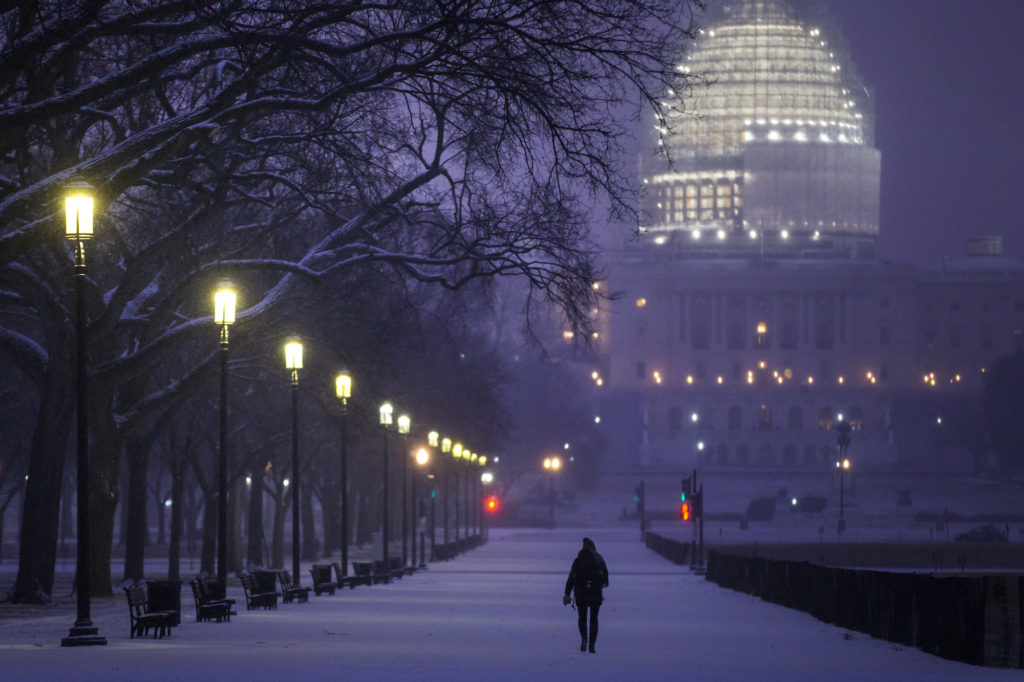by Michelle Rutter, Government Relations Coordinator
Every year, Congress must pass appropriations legislation to fund the government for the upcoming fiscal year. This annual funding bill has been one of the only avenues by which pro-cannabis reform language can be inserted into the federal budget, due to Congress’ inability to pass meaningful stand-alone legislation addressing the legal cannabis industry.
This year, two riders were included in the budget bill pertaining to cannabis. The first, known as the Rohrabacher-Farr amendment, bans the Department of Justice from spending money to prevent the implementation of state-level medical cannabis programs, in addition to removing funding for federal medical cannabis raids, arrests, and prosecutions in states where medical cannabis is legal. When debated on the House floor this summer, the vote count increased from 219-189 in 2014 to 242-186 this year, with 67 Republicans voting ‘Yes.’ The Rohrabacher-Farr language was included in the final budget bill for the second year in a row, which is a promising sign of progress in Washington, D.C.
 A rider known as the Bonamici-Massie amendment, which prevents the DEA from intervening with state-sanctioned and legal hemp, was also included in the final budget package. This section blocks federal money from being used to prevent states from allowing the use, distribution, possession, or cultivation of industrial hemp. It’s important to note that although this progress is promising, the DEA has ignored appropriations language pertaining to cannabis in years prior.
A rider known as the Bonamici-Massie amendment, which prevents the DEA from intervening with state-sanctioned and legal hemp, was also included in the final budget package. This section blocks federal money from being used to prevent states from allowing the use, distribution, possession, or cultivation of industrial hemp. It’s important to note that although this progress is promising, the DEA has ignored appropriations language pertaining to cannabis in years prior.
There were other commonsense policy reforms related to cannabis, which were proposed and added to earlier versions of the budget package, but which unfortunately did not make it into the final bill. A crucial example was a provision which would have prevented the Treasury Department from punishing banks that work with legitimate marijuana-related businesses. Another would have allowed Veterans Affairs (VA) doctors to recommend medical cannabis to veterans without fear of retaliation or punishment, and would have also prevented the VA from denying services to any veteran who is a medical marijuana patient.
An additional disappointment in the final budget package was the continuation of language from the previous year which blocks the adult-use sale and purchase of cannabis in Washington, D.C.
It’s important to remember that these appropriations amendments only protect states’ medical cannabis and hemp laws for the upcoming fiscal year and have to be re-included and voted on every year. While this progress is encouraging, it falls short of achieving our goals. NCIA will continue lobbying on behalf of the cannabis industry to achieve the substantive and lasting reforms that our businesses deserve.

Follow NCIA
Newsletter
Facebook
Twitter
LinkedIn
Instagram
–